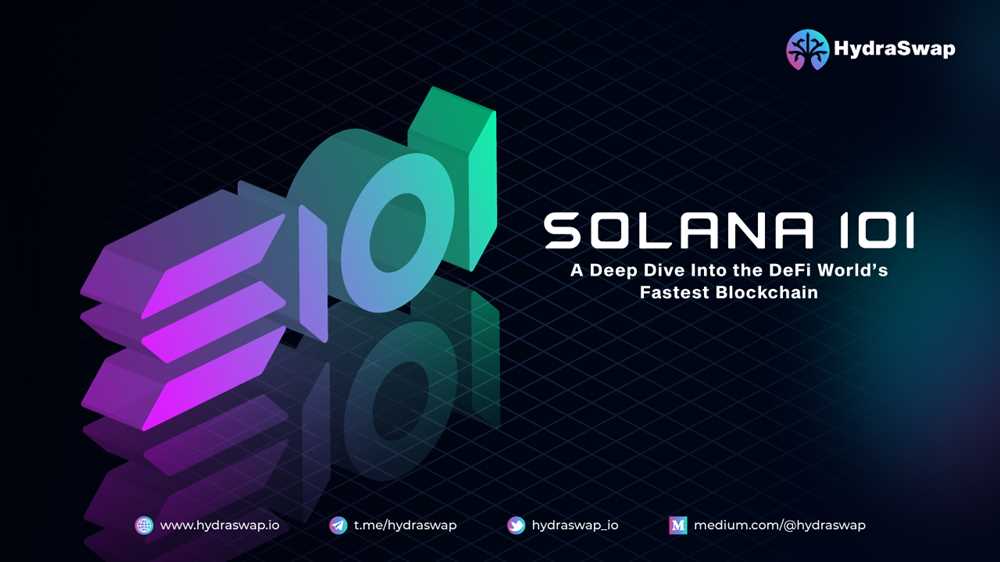
In the rapidly evolving world of blockchain technology, two platforms have emerged as leading contenders in the race for scalability, speed, and sustainability: Tron and Solana. These platforms have captured the imagination of developers, investors, and enthusiasts alike with their innovative approaches to blockchain architecture.
Tron, founded by Justin Sun, aims to revolutionize the entertainment industry by creating a decentralized content-sharing platform. With its robust infrastructure, Tron offers lightning-fast transactions and low fees, making it an ideal platform for creators and consumers alike. Moreover, Tron’s integration with BitTorrent allows for seamless content distribution, empowering creators and ensuring fair compensation.
On the other hand, Solana takes a different approach to blockchain scalability. Developed by Anatoly Yakovenko, Solana leverages revolutionary concepts such as the Proof of History consensus mechanism to achieve unmatched transaction speeds and scalability. With its advanced infrastructure, Solana aims to provide a platform for decentralized applications (dApps) that can compete with traditional web applications in terms of user experience and functionality.
Both Tron and Solana offer unique solutions to the challenges faced by traditional blockchain platforms, such as slow transaction speeds and high fees. By combining cutting-edge technology with a user-friendly approach, these platforms are opening up new possibilities for decentralized applications and the future of blockchain technology as a whole.
Understanding Tron: A Revolutionary Blockchain Platform
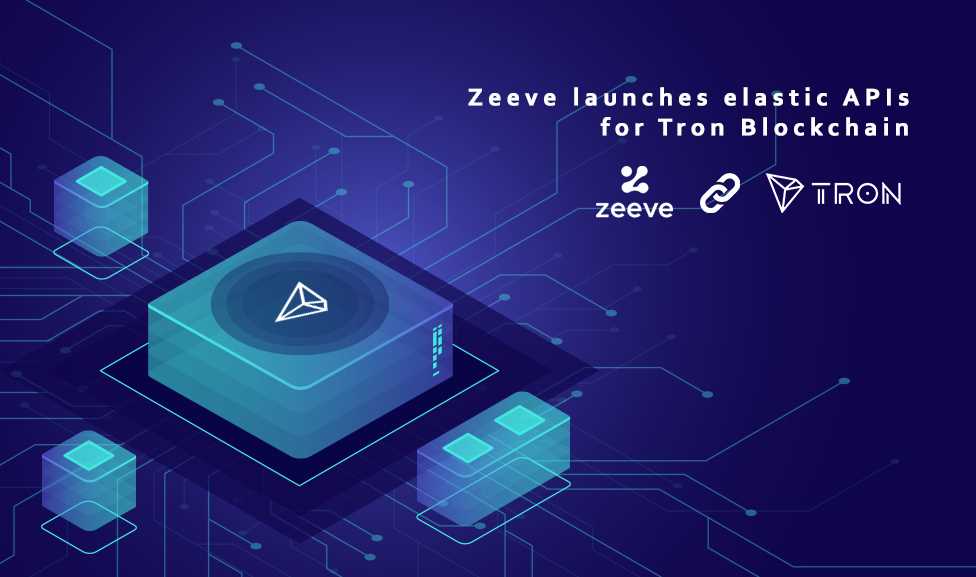
Tron is a decentralized blockchain platform that aims to create a global digital content ecosystem. It was founded in September 2017 by Justin Sun, a prominent figure in the world of cryptocurrency. Tron uses blockchain technology and distributed storage technology to enable seamless sharing and distributing of digital content.
One of the key features of Tron is its ability to facilitate direct peer-to-peer transactions without the need for intermediaries. This eliminates the need for centralized platforms such as YouTube or Spotify, where content creators have to give up a significant portion of their earnings to the platform itself.
Tron achieves this through the use of smart contracts, which are self-executing contracts with the terms of the agreement directly written into lines of code. These smart contracts allow content creators to have full control over their work and monetize their creations directly, without any intermediaries taking a cut.
Another notable feature of Tron is its high scalability. It can handle up to 2,000 transactions per second, which is much higher compared to other blockchain platforms like Bitcoin or Ethereum. This makes Tron a practical choice for applications that require fast and efficient transactions, such as gaming or streaming platforms.
Tron’s native currency is called TRX, and it is used for various transactions and incentives within the platform. TRX can be used to reward content creators, purchase digital content, or participate in decentralized applications (DApps) built on the Tron network.
| Advantages of Tron | Disadvantages of Tron |
|---|---|
| Low transaction fees | Relatively new and unproven platform |
| High scalability | Limited adoption compared to established platforms |
| Direct peer-to-peer transactions | Limited developer community |
| Ability to monetize digital content | Regulatory challenges |
In conclusion, Tron is a revolutionary blockchain platform that aims to reshape the digital content industry. By providing a decentralized ecosystem and direct peer-to-peer transactions, Tron empowers content creators and eliminates the need for intermediaries. With its high scalability and potential for monetization, Tron has the potential to disrupt traditional platforms and usher in a new era of digital content distribution.
Solana: Empowering Decentralized Applications
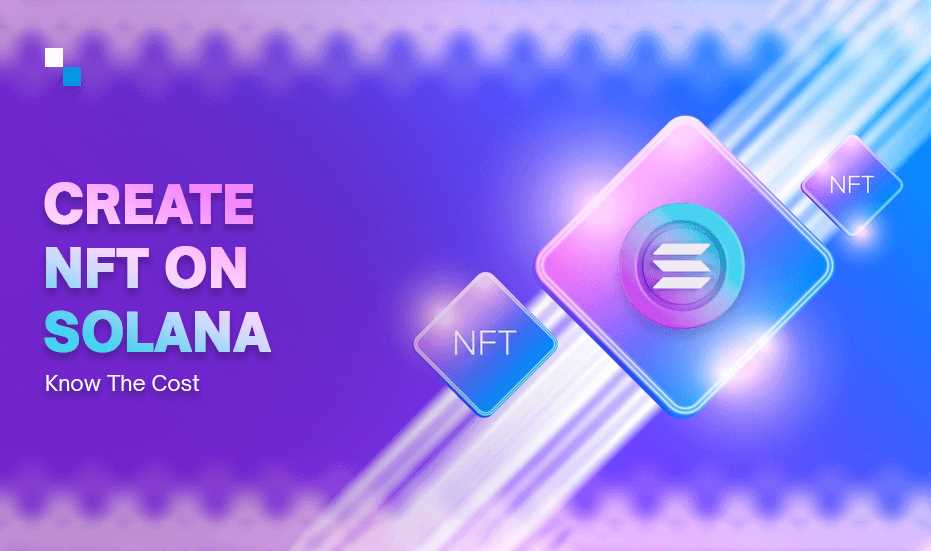
Solana is a high-performance blockchain platform that aims to provide the necessary infrastructure for the development and execution of decentralized applications (dApps). It is designed to solve the scalability issues faced by many blockchain networks, enabling faster and more cost-effective transactions.
With its unique architecture, Solana is capable of processing thousands of transactions per second, making it one of the fastest blockchain networks available. This speed is achieved by utilizing a multi-layered approach, which includes a decentralized network of nodes and a Proof of History (PoH) consensus mechanism. This allows for efficient validation and ordering of transactions, ensuring fast and secure processing.
In addition to its scalability, Solana also offers low transaction fees, which makes it an attractive option for developers and users alike. This is achieved by leveraging a highly efficient consensus algorithm and a peer-to-peer network that minimizes the computational and storage requirements.
Furthermore, Solana provides developers with a flexible and developer-friendly environment to build and deploy dApps. It supports the Rust programming language, which is known for its performance and security benefits. This enables developers to leverage the existing Rust ecosystem and build high-quality applications with ease.
One of the key features of Solana is its seamless interoperability with other blockchain networks. Developers can easily integrate Solana with existing platforms, allowing for the exchange of assets and data across different networks. This opens up new possibilities for cross-chain collaborations and the creation of innovative dApps.
In conclusion, Solana is empowering decentralized applications by providing a scalable, fast, and cost-effective blockchain platform. With its high performance, low fees, developer-friendly environment, and interoperability, Solana is poised to drive the next wave of innovation in the world of blockchain technology.
The Potential of Tron and Solana Integration

Tron and Solana are two prominent blockchain platforms that have gained significant attention in the crypto community. While each platform has its own unique features and advantages, there is potential for even greater opportunities through their integration.
1. Enhanced Scalability
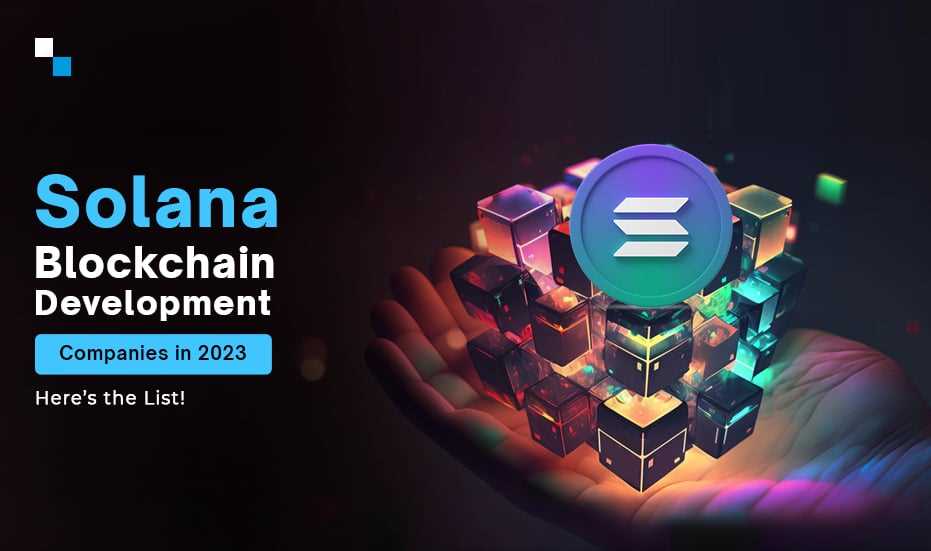
Tron is known for its high transaction throughput and fast confirmation times, making it an ideal choice for dApps that require quick and frequent transactions. On the other hand, Solana has been praised for its unparalleled scalability, with the ability to handle thousands of transactions per second.
By integrating Tron and Solana, developers can leverage the strengths of both platforms to create a blockchain ecosystem that can handle massive volumes of transactions without sacrificing speed and efficiency.
2. Interoperability
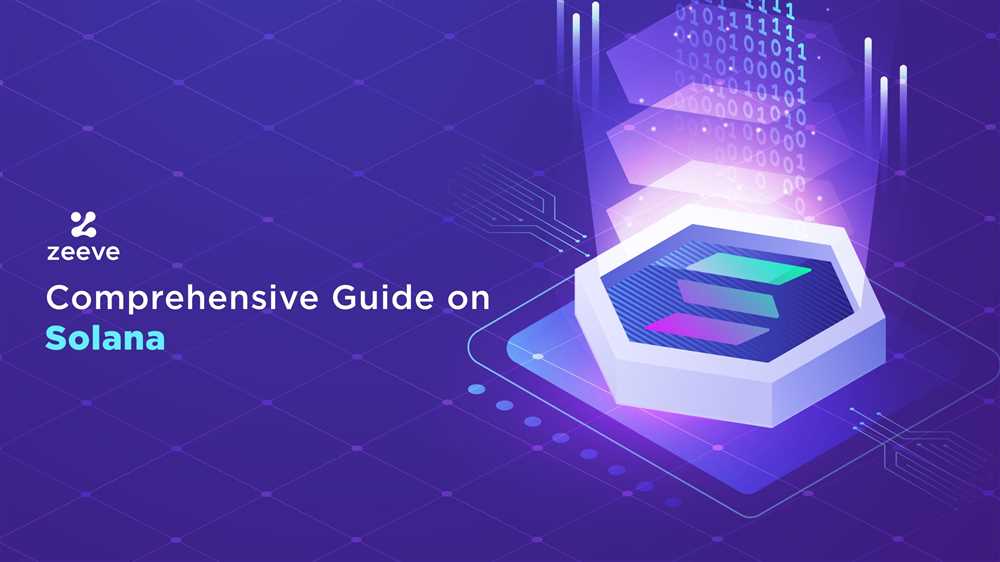
Tron and Solana integration can also promote greater interoperability among different blockchain networks. Tron’s TRC-20 standard is widely used for token issuance and smart contracts, while Solana’s SPL token standard has gained popularity for its efficiency and compatibility with the Solana blockchain.
Integrating these standards can enable seamless cross-chain transactions and collaborations, allowing users to transfer assets and data between the Tron and Solana ecosystems effortlessly. This can open up a world of possibilities for developers and users, fostering innovation and expanding the reach of blockchain technology.
3. Decentralized Finance (DeFi) Opportunities

DeFi has been a major driver of growth in the blockchain industry, and both Tron and Solana have made significant strides in this space. Tron has its own decentralized exchange (DEX) called JustSwap, while Solana has seen the emergence of various DeFi protocols and projects.
By integrating Tron and Solana, the two platforms can combine their DeFi offerings, creating a more comprehensive and robust DeFi ecosystem. This integration can enable cross-platform liquidity pooling, yield farming, and other DeFi functionalities, enhancing the overall DeFi experience for users.
In conclusion, the integration of Tron and Solana holds immense potential for the future of blockchain technology. From enhanced scalability and interoperability to exciting opportunities in DeFi, the collaboration between these two platforms can usher in a new era of innovation and development in the blockchain industry.
The Promising Outlook for the Future of Blockchain Technology
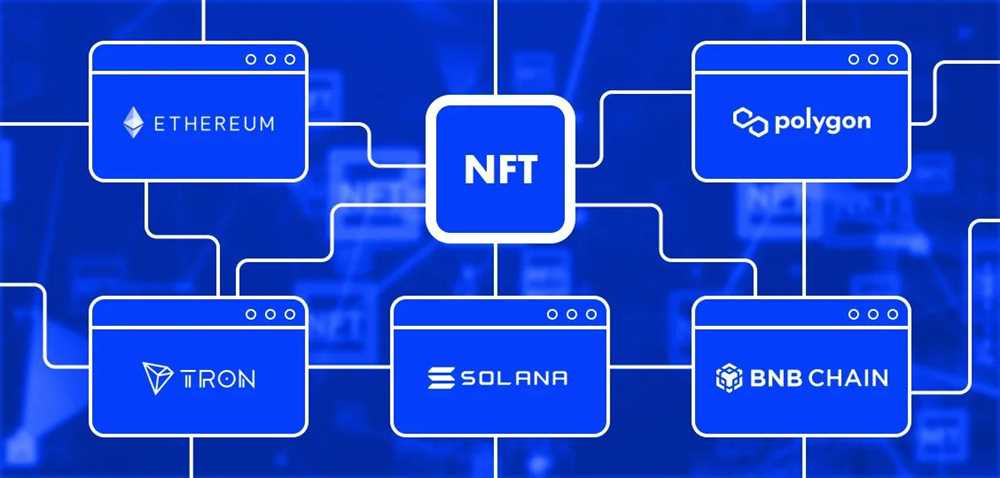
Blockchain technology has revolutionized the way we think about data management and transparent transactions. As the world becomes increasingly digital, the potential for blockchain technology to reshape industries and economies is vast.
One of the key advantages of blockchain technology is its ability to create a decentralized and secure network. By using distributed ledger technology, blockchain eliminates the need for third-party intermediaries, enabling direct peer-to-peer transactions. This has the potential to disrupt traditional industries such as finance, supply chain management, and healthcare, to name a few.
Moreover, blockchain technology enables greater transparency and accountability. Every transaction recorded on the blockchain is immutable and transparent, which enhances trust and reduces the risk of fraud or manipulation. This feature is particularly crucial in industries where trust is paramount, such as voting systems or intellectual property management.
The future of blockchain technology holds immense promise. As more industries begin to adopt this technology, we can expect increased efficiency, reduced costs, and improved security. Blockchain has the potential to streamline complex processes, eliminate unnecessary intermediaries, and enable faster, more secure transactions.
Furthermore, the integration of blockchain with other cutting-edge technologies such as artificial intelligence and the Internet of Things (IoT) has the potential to create even more innovative solutions. For example, smart contracts powered by blockchain technology can automate and enforce agreements, eliminating the need for manual intervention.
Additionally, the scalability issues that have plagued early blockchain platforms are being addressed by emerging technologies such as Tron and Solana. These platforms offer high throughput, low transaction fees, and enhanced scalability, making blockchain technology more accessible and attractive for businesses of all sizes.
With governments, businesses, and individuals recognizing the transformative potential of blockchain technology, we can expect increased investment and development in this space. In the coming years, we are likely to see blockchain technology being integrated into various aspects of our daily lives, from financial transactions and supply chain management to healthcare records and identity verification.
In conclusion, the future of blockchain technology is incredibly promising. With its ability to create decentralized and transparent networks, enhance security and trust, and streamline processes, blockchain has the potential to revolutionize industries and economies worldwide. As we venture into this new era of digitalization, embracing blockchain technology will be crucial for businesses and individuals seeking to stay ahead of the curve and unlock the benefits it offers.
What is Tron and Solana?
Tron is a blockchain project that aims to create a global decentralized content-sharing platform. Solana, on the other hand, is a high-performance blockchain platform designed for decentralized applications and crypto-native projects.
What are some advantages of using Tron and Solana?
One of the advantages of using Tron is its high throughput, which allows for fast and scalable transactions. Solana, on the other hand, provides fast transaction speeds, low fees, and the ability to support complex decentralized applications.
How does Tron and Solana plan to change the future of blockchain technology?
Tron aims to revolutionize the entertainment industry by decentralizing content sharing and eliminating intermediaries. Solana, on the other hand, plans to bring scalability and speed to the blockchain space, making it more accessible and efficient for developers and users.
Are there any challenges or limitations to using Tron and Solana?
One challenge for Tron is gaining widespread adoption and convincing content creators and users to switch to a decentralized platform. Solana faces challenges in terms of competition from other blockchain platforms and ensuring the security and scalability of its network as it grows.
What are some real-world applications for Tron and Solana?
Tron can be used for content sharing platforms, decentralized gaming, and digital advertising. Solana can be used for decentralized finance (DeFi) applications, non-fungible tokens (NFTs), and decentralized exchanges (DEXs).